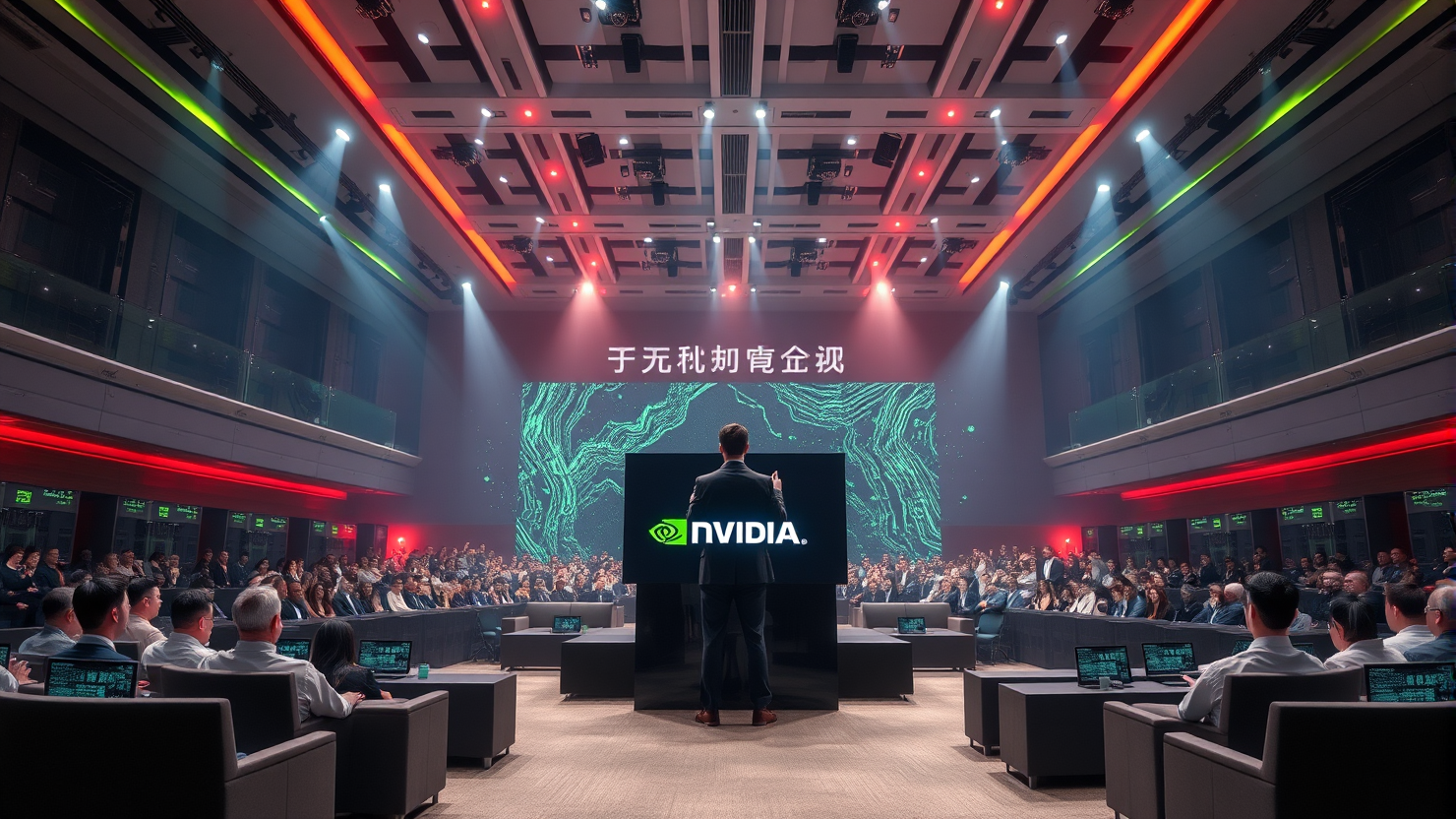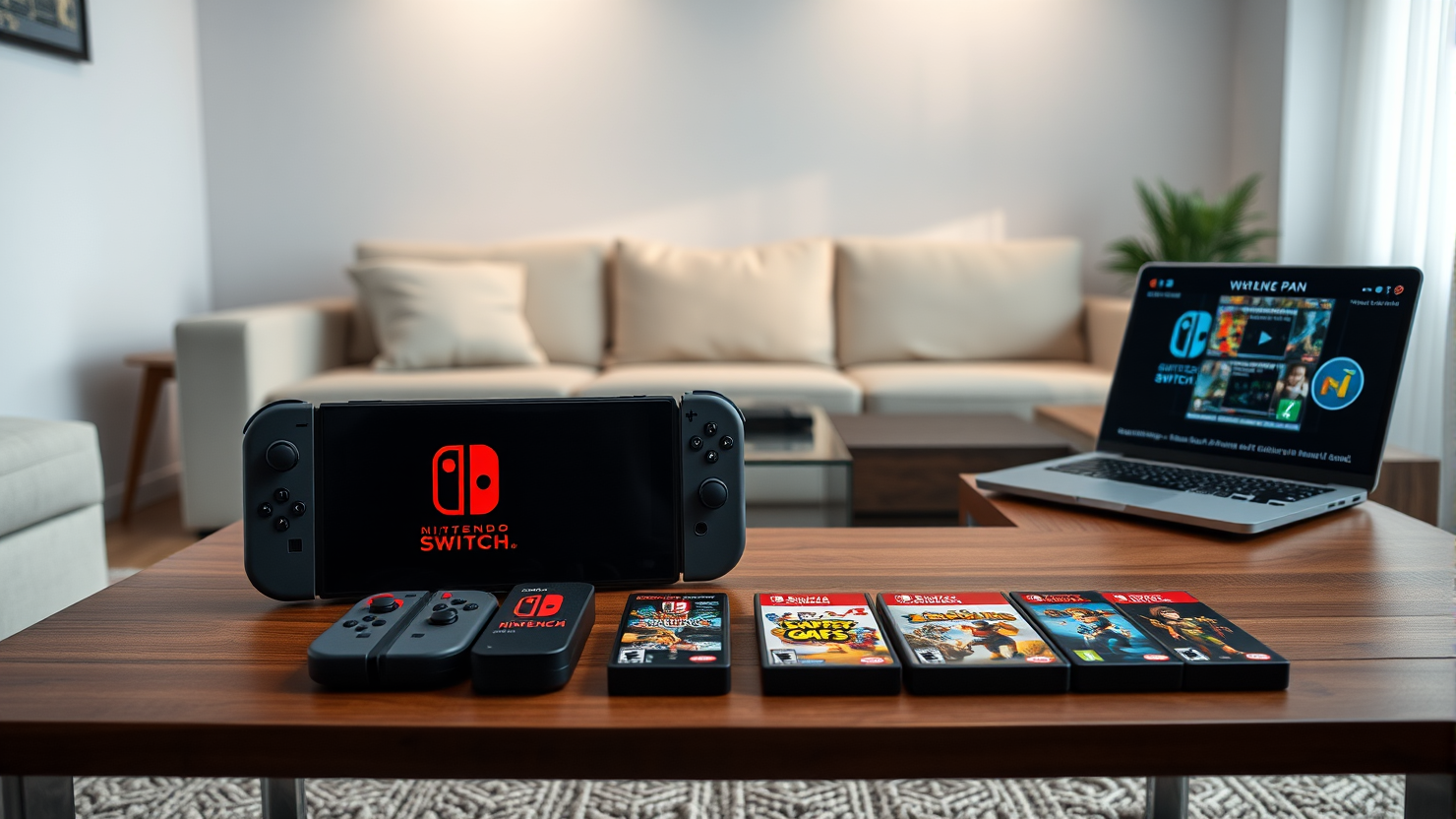Post-H20 Ban Lift: Nvidia Aims to Boost Advanced Chip Sales in China, Announces CEO Jensen Huang

In an address during a press conference in Beijing, China, Nvidia Corporation’s CEO Jensen Huang expressed ambitions to supply more sophisticated semiconductor technology to the Chinese market than the current generation. This strategic move aims to bolster sales within the world’s second-largest economy.
Following Monday’s announcement that Nvidia will reinitiate sales of its H20 artificial intelligence chip in China, having previously been subject to a ban due to U.S. export restrictions, Huang indicated a desire to surpass the capabilities offered by the H20. He emphasized that technological advancements necessitate continuous improvement, and he anticipates future developments will result in increasingly advanced products being available for sale within China over time.
Huang’s comments come amid escalating U.S.-China tensions centered around trade and technology, which have resulted in Nvidia encountering several rounds of restrictions on its most advanced chips destined for China. In response to these restrictions, Nvidia has developed semiconductors that adhere to export regulations, such as the H20.
Nvidia reported a $4.5 billion writedown on unsold H20 inventory in May and stated that sales during its last financial quarter would have been $2.5 billion higher without any export limitations.
Balancing praise for U.S. President Donald Trump’s initiatives promoting chip manufacturing resurgence within the United States, Huang has also advocated for policy modifications concerning trade barriers with China. Huang argues that the Chinese AI market could reach a value of $50 billion in the next two-to-three years, and he maintains that it would be detrimental to American firms to be excluded from this potential growth. Huang further noted that Nvidia’s Chinese competitor Huawei has demonstrated the capacity to dominate the market should U.S. companies be unable to participate.
During his visit to Beijing, Huang expressed concern over the disruptive nature of export control policies, which he described as being beyond the company’s sphere of influence. He emphasized that Nvidia’s role is limited to informing governments about the potential unintended consequences of their policy decisions.
Nvidia has outlined a strategic roadmap for the release of more advanced chips; however, it remains uncertain whether the U.S. government will permit Nvidia to sell more sophisticated products to Chinese companies. U.S. Commerce Secretary Howard Lutnick suggested on Tuesday that the government would continue to facilitate chip sales to China in order to ensure reliance on American technology within the market.
Lutnick stated, “The Chinese are more than capable of building their own; however, you want to stay one step ahead of what they can build so they continue to purchase our chips.”






